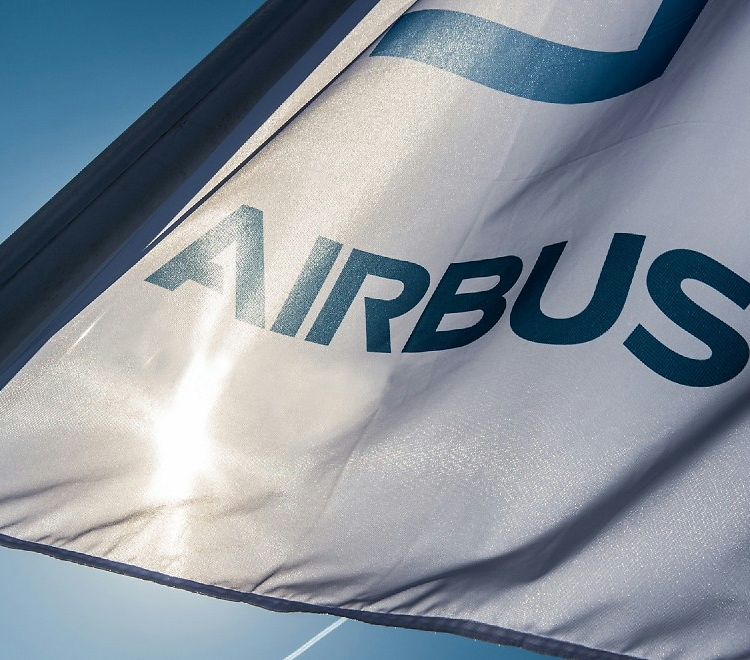Airbus today celebrated the official kick-off of a new technology programme entitled Aircraft WIng with Advanced Technology OpeRation (AWIATOR). Airbus is contributing 60 per cent of the 80 million Euro budget and will provide key parts of the programme management. The four-year project, co-founded by a consortium of 23 partners from Europe and many subcontractors, will validate advanced technologies for wing design applications on future transport aircraft.
"Airbus is committed to maintaining its leadership in technology and to do so, we continue to invest in research that is of direct benefit to our core business," said Airbus Chief Operating Officer Gustav Humbert. "We rely on an international research network of partners from centres of excellence all over Europe and around the world."
A large variety of technologies will be investigated, down-selected, developed and finally flight-tested on Airbus' flying testbed A340, MSN 001. AWIATOR aims to achieve a five to seven per cent reduction of two EPNdB. The programme will look at new devices to reduce the aircraft wake, new airbrakes, very large wing tip devices, new adaptive elements on the flaps, new devices for flow control, new flight control laws and new low noise operations. All these features will be tested intensively both on the ground and in the air. Such a programme, requiring major modifications to a test aircraft is a first in the history of Airbus research and technology and could set a precedent for similar technology programmes in the future.
Alongside Airbus engineering firms in France, Germany and the United Kingdom, more than twenty industrial partners in Europe and Israel and from European aeronautical research institutes will jointly develop and validate the sophisticated technologies under investigation. They will be supported by a number of European universities, as well as test centres and subcontractors.
"Airbus is committed to maintaining its leadership in technology and to do so, we continue to invest in research that is of direct benefit to our core business," said Airbus Chief Operating Officer Gustav Humbert. "We rely on an international research network of partners from centres of excellence all over Europe and around the world."
A large variety of technologies will be investigated, down-selected, developed and finally flight-tested on Airbus' flying testbed A340, MSN 001. AWIATOR aims to achieve a five to seven per cent reduction of two EPNdB. The programme will look at new devices to reduce the aircraft wake, new airbrakes, very large wing tip devices, new adaptive elements on the flaps, new devices for flow control, new flight control laws and new low noise operations. All these features will be tested intensively both on the ground and in the air. Such a programme, requiring major modifications to a test aircraft is a first in the history of Airbus research and technology and could set a precedent for similar technology programmes in the future.
Alongside Airbus engineering firms in France, Germany and the United Kingdom, more than twenty industrial partners in Europe and Israel and from European aeronautical research institutes will jointly develop and validate the sophisticated technologies under investigation. They will be supported by a number of European universities, as well as test centres and subcontractors.
